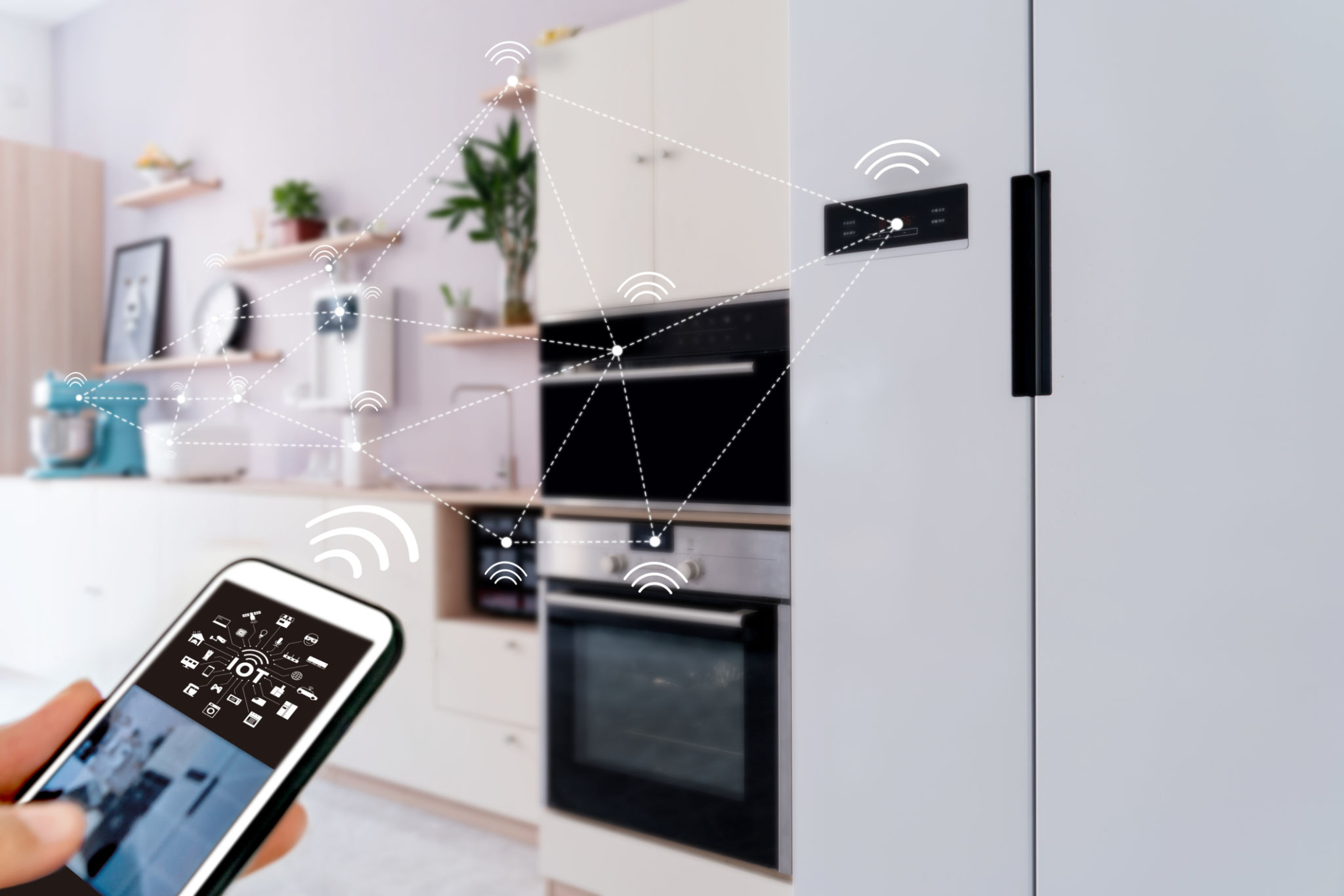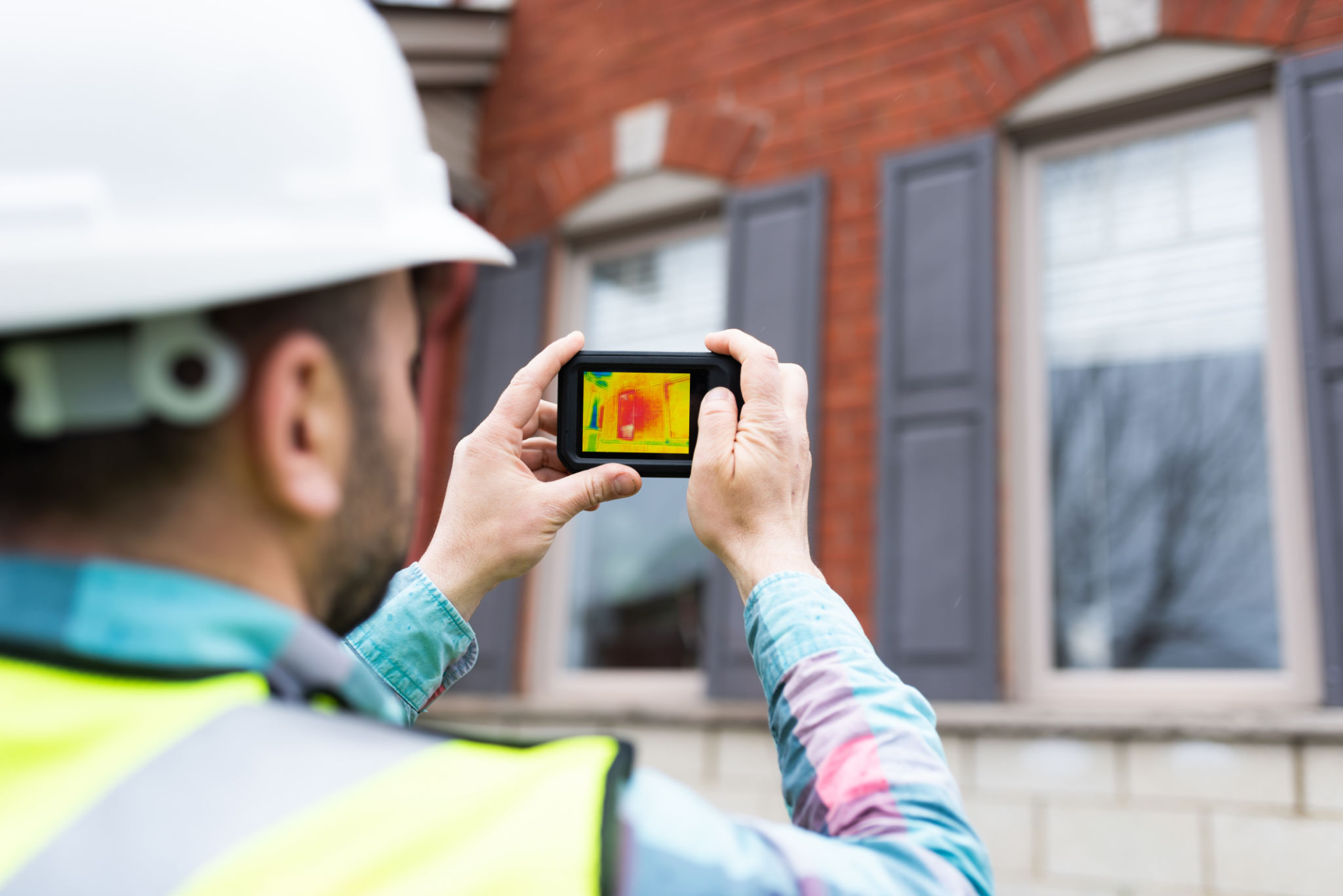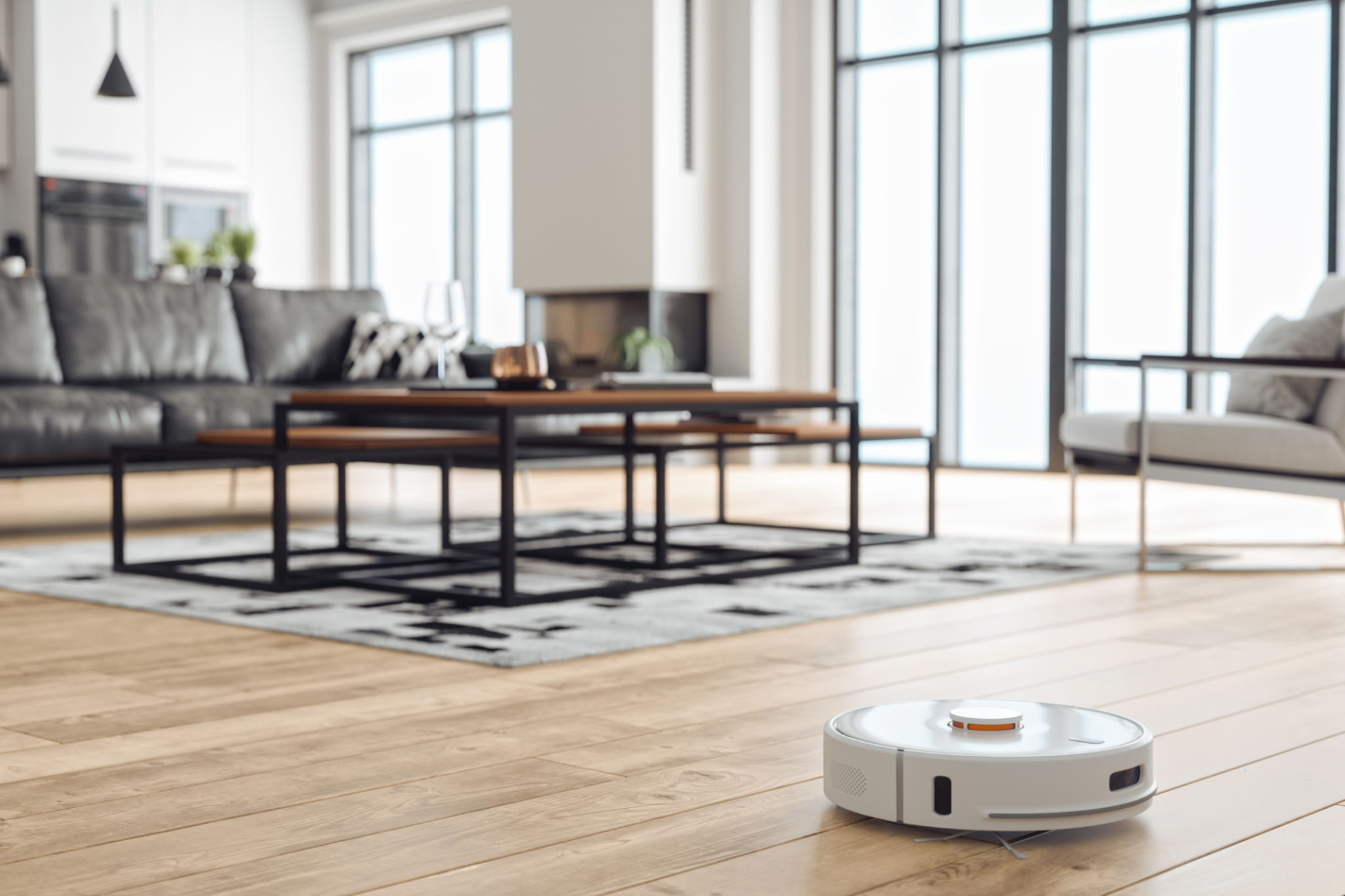Why Smart Home Automation is the Future of UK Living
Introduction to Smart Home Automation
The concept of smart home automation has been gaining traction across the UK, transforming how we interact with our living spaces. With advancements in technology, our homes are becoming more efficient, convenient, and secure. This shift is not just a trend but a glimpse into the future of UK living.
Smart home technology encompasses a wide range of devices and systems that automate tasks and provide enhanced control over various aspects of the home environment. From energy management to security, the possibilities seem endless.

Energy Efficiency and Cost Savings
One of the most compelling reasons for adopting smart home automation is the potential for increased energy efficiency. Smart thermostats, for instance, learn your schedule and adjust heating or cooling accordingly, ensuring optimal energy use. This not only contributes to a greener environment but also results in significant cost savings on utility bills.
Moreover, smart lighting systems allow homeowners to control lights remotely, set schedules, and use motion sensors to ensure lights are only on when needed. This level of control reduces unnecessary energy consumption and contributes to a more sustainable lifestyle.

Enhanced Security and Peace of Mind
Security is a top priority for many homeowners, and smart home automation offers robust solutions. Smart security systems include features such as video doorbells, surveillance cameras, and smart locks that can be monitored and controlled from anywhere using a smartphone.
These systems provide real-time alerts and notifications, allowing homeowners to respond promptly to any suspicious activity. The ability to remotely lock or unlock doors and view live camera feeds adds an extra layer of security and peace of mind.
Convenience and Personalization
Smart homes offer unparalleled convenience, allowing residents to control various functions through voice commands or smartphone apps. From adjusting the thermostat to playing your favorite music playlist, automation simplifies everyday tasks.
Personalization is another significant advantage. Homeowners can create customized settings that align with their preferences, such as setting lighting moods for different times of the day or automating coffee machines to start brewing in the morning.

The Role of AI and IoT
The integration of Artificial Intelligence (AI) and the Internet of Things (IoT) is at the heart of smart home automation. These technologies enable devices to communicate with each other, learn from user habits, and make intelligent decisions.
For example, AI-powered virtual assistants like Alexa or Google Assistant can perform a variety of tasks through voice commands, making daily routines more efficient. IoT connectivity ensures that all smart devices work seamlessly together, creating a cohesive and responsive home environment.
The Future of Smart Homes in the UK
As technology continues to evolve, the future of smart homes in the UK looks promising. The market is expected to grow significantly, with more affordable solutions becoming available to a wider audience. This growth will likely lead to increased adoption and further integration into everyday life.
In conclusion, smart home automation represents the future of UK living by enhancing convenience, security, and energy efficiency. As these technologies become more accessible and advanced, their impact on how we live will only deepen, making our homes smarter than ever before.
